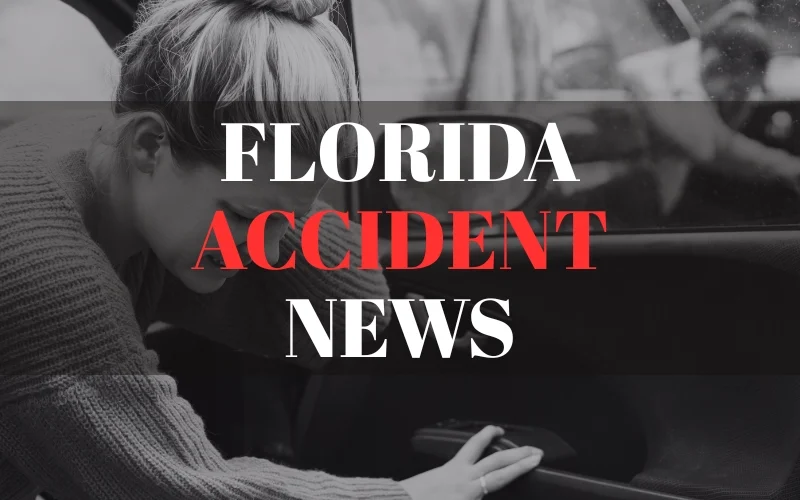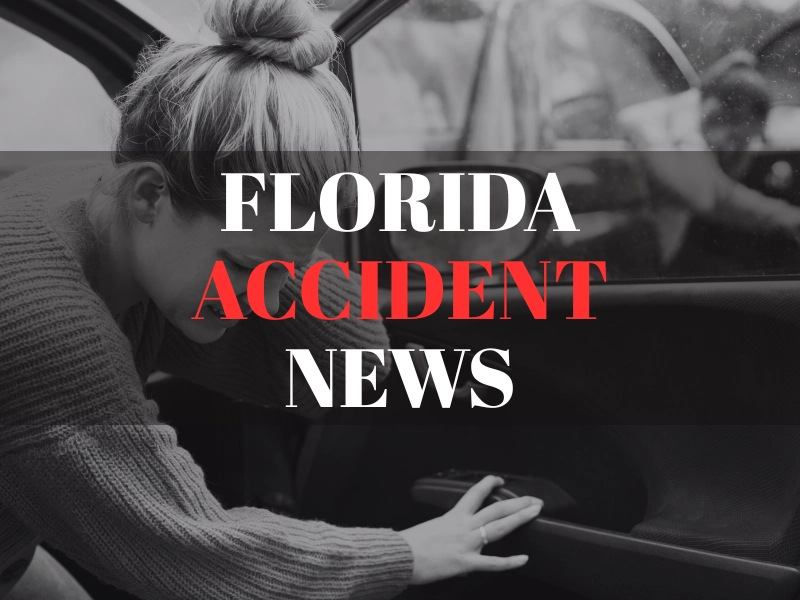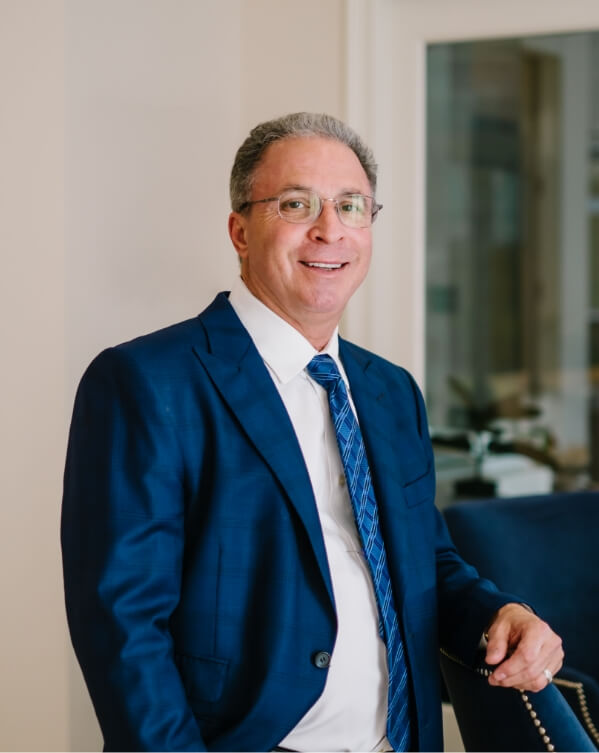Orlando, FL — Universal’s Stardust Racers to Reopen After Fatal Crash — What Injured Patrons and Families Should Know
6Oct
Orlando, FL (October 6th, 2025) – Universal Orlando’s highly anticipated Stardust Racers roller coaster recently reopened, just weeks after a fatal accident that claimed a rider’s life. The decision has sparked outrage among safety advocates and renewed scrutiny of the park’s legal responsibilities under Florida law.

For Clearwater families who visit Orlando’s theme parks regularly, the case underscores how quickly entertainment can turn tragic, and how the complex questions of liability can arise when something goes wrong. If you’ve been injured while at a Florida theme park, contact our personal injury lawyers at Light & Wyatt Law Group to discuss your options. Call 727-499-9900 for a free consultation.
Table of Contents
What Happened on the Stardust Racers Ride?
Florida’s tourism industry thrives on thrill rides and innovation, but that excitement comes with real danger. The Stardust Racers case is a reminder that even state-of-the-art attractions can carry risks that visitors don’t anticipate.
The Fatal Ride
According to the Orange County Sheriff’s Office, a 32-year-old man became unresponsive while riding the coaster on September 17, 2025. He later died from multiple blunt-force injuries, according to the county medical examiner.
The deceased, who used a wheelchair and had a spinal condition, boarded the ride with the help of staff. His family maintains that his disability had no role in his death, insisting instead that ride design or operational failures were responsible.
Reopening and Investigation
Universal announced it would reopen the ride less than three weeks after the Stardust Racers fatal accident. Park executives said a full review by internal engineers and the manufacturer found no mechanical failure.
That statement did little to quiet critics. Attorneys for the deceased’s family argue the rapid reopening may have interfered with evidence preservation and made it harder to determine whether restraining systems or g-forces played a role in the fatal injuries.
Other Reported Incidents at Universal Orlando
Unfortunately, this was not the first safety issue involving the Stardust Racers ride. Earlier in the year, another visitor filed a lawsuit claiming that her head struck the ride’s headrest violently, causing lasting injuries. Public filings also show several other injuries at Universal’s parks in 2025, including two injuries on the Stardust Racers since its debut.
Legal Responsibilities for Theme Park Operators in Florida
Florida law holds amusement park operators to a high standard of care. Visitors have the right to expect that rides are properly designed, tested, and maintained. When tragedy strikes, the legal question often becomes whether the park met its duty, or if it fell short in a way that caused preventable harm.
The Duty of Care
Under Florida premises liability law, operators must keep their property in reasonably safe condition and warn of dangers that guests cannot see or avoid. This duty extends to all areas of a park, including queue lines, boarding platforms, and restraint systems.
If a defect, design flaw, or employee negligence contributed to an injury, the operator can be held responsible through a personal injury or wrongful death claim.
Negligence and Product Defects
Negligence occurs when a company fails to act as a reasonably careful operator would under similar circumstances. For amusement parks, that may involve inadequate ride inspection, unqualified maintenance staff, or poor supervision.
In some cases, product liability also applies. If the ride itself was defectively designed or manufactured, both the park and the equipment maker may share liability. Determining where fault lies requires careful forensic analysis and access to the ride’s mechanical data and safety logs.
Evidence Preservation and Reopening Concerns
One of the most pressing issues in the Stardust Racers case is spoliation of evidence. Florida courts can impose serious penalties when a party alters or destroys evidence relevant to a claim.
By reopening the coaster so quickly, Universal may have complicated the investigation process. Attorneys for the decedent’s family content that crucial mechanical components, restraint systems, and operational data should have remained untouched until independent experts could conduct their own inspections.
Common Defenses Raised in Theme Park Injury Cases
Theme park operators rarely admit fault without a fight. In many cases, their defense teams rely on a combination of waiver language, medical arguments, and comparative negligence theories. These defenses may limit recovery unless the underlying evidence is strong.
Assumption of Risk
Parks often point to signs and disclaimers warning of potential danger. However, in Florida, these disclaimers do not excuse gross negligence or reckless conduct. Guests can assume ordinary risks, like minor jolts, but they do not assume the risk of defective design or mechanical failure.
Comparative Negligence and Medical Causation
Florida follows a modified comparative negligence rule. If a victim is found more than 50% at fault, they may be barred from recovery. Defense lawyers may argue that a rider failed to follow instructions or that a pre-existing condition caused the injury.
In the Stardust Racers case, Universal might argue that the deceased’s spinal condition contributed to the fatal outcome. However, without access to full ride data and restraint testing, that argument may be speculative. Establishing causation often depends on expert testimony from engineers and medical specialists.
Accountability and Transparency After Tragedy
Every time a major attraction reopens after a serious accident, questions arise about transparency, oversight, and the balance between public relations and public safety. The Stardust Racers case is no exception.
Rapid Reopening and Public Confidence
Universal’s quick decision to resume operations, before the family’s independent investigation concluded, has drawn national attention. Attorney’s representing the decedent’s family argue that the reopening sends a troubling message: that business continuity outweighs the need for a full, transparent review.
While the park insists the ride was thoroughly inspected, critics point out that such internal reviews can lack independence and may fail to address design-level safety risks.
Oversight and Regulation Gaps
Florida’s large theme parks, including Universal and Disney, are largely self-regulated. The Florida Department of Agriculture and Consumer Services oversees smaller attractions, but not the state’s biggest theme parks. Due to this exemption, investigations often rely on internal reports rather than state enforcement. This regulatory gap leaves families of victims reliant on private litigation to uncover what really happened— an expensive and time-consuming process that can take years.
Legal Options for Injured Guests and Families
When a guest suffers serious harm at a Florida theme park, several legal pathways may be available. These claims can vary in scope and complexity, depending on the evidence and the parties involved.
Wrongful Death Claims
Families who lose a loved one because of a theme park’s negligence may pursue a wrongful death claim. Through such actions, families may seek to recover compensation for damages including medical bills relating to the injury prior to death, funeral costs, lost income, and the emotional losses suffered by surviving relatives.
In the Stardust Racers case, the deceased man’s family could allege that Universal’s actions, such as inadequate safety protocols or premature reopening, constituted negligence leading to wrongful death.
Personal Injury and Product Liability Claims
In non-fatal cases, injured riders can bring claims for personal injury or product liability. These cases often involve detailed investigations into ride mechanics, restraint performance, operator training, and design safety compliance.
Because parks often argue that injuries stem from rider behavior, having qualified experts analyze the ride’s motion data and design tolerances can be decisive.
If you or a loved one were injured at a Florida amusement park, contact Light & Wyatt Law Group in Clearwater to discuss your legal options. Our attorneys can review your case, help preserve key evidence, and guide you through the next steps toward accountability and recovery. Call 727-499-9900.
